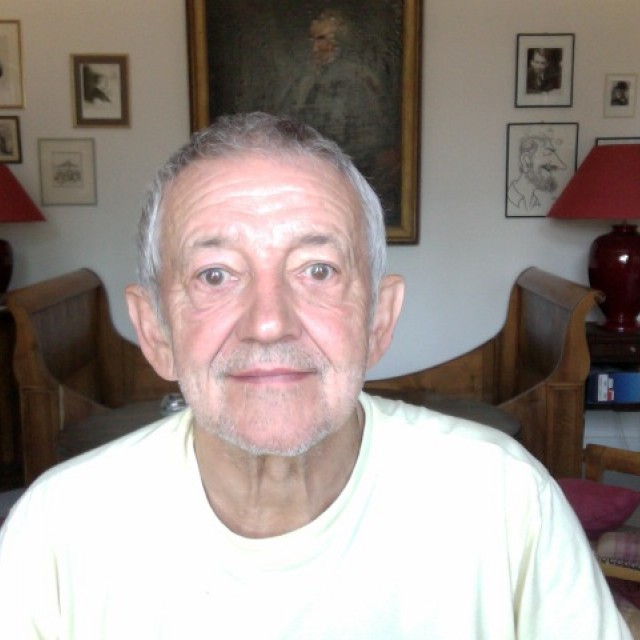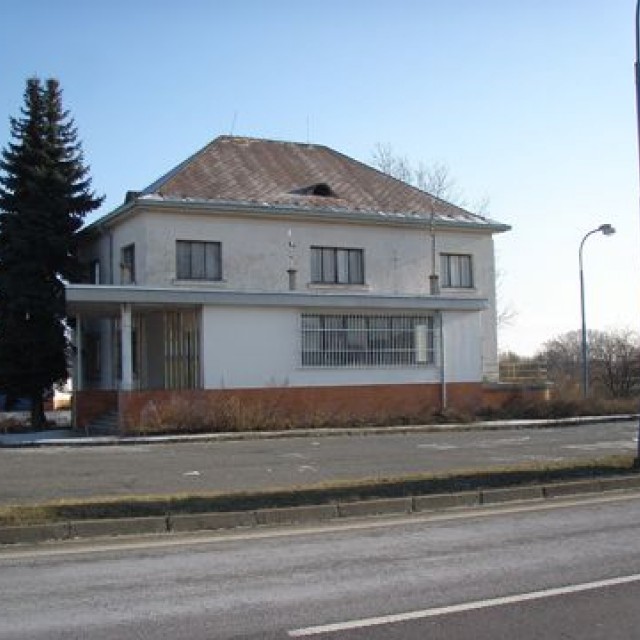A trip to freedom
Before 1989, the border crossing in Hatě was among the busiest road crossings on the Czech- Austrian border. When Jiří Henych was passing it in 1966 on a trip with other tourists, he was experiencing moments of intense anxiety and tense anticipation as for him – contrary to the other passengers – the trip was a one-way journey only. His intention was to no longer return to Czechoslovakia. He had been planning and waiting for this moment for a long time. After completing his military service, he tried hard to go for an organized trip into the “capitalist.” However, he was unsuccessful as his applications were steadily denied. In order to boost his chances, he would even work in manual professions – despite his education. He was a worker in the Liaz factory, where he finally managed to go on a three-day trip to Vienna, from which he would not return. At the Hatě border crossing, he said goodbye to his homeland for the past 23 years.
Hodnocení
Abyste mohli hodnotit musíte se přihlásit!
Trasy
Příběh není součastí žádné trasy.
Komentáře

Jiří Henych
He was born on July 24, 1941, in Čáslav but moved to Liberec after WWII, where his mother - a pediatrician – moved in 1945 at the request of the Ministry of Health to provide health care in the border areas. He graduated from high school and after graduation he studied medicine. After two years of university studies, however, he deliberately left university. At this time, he was already thinking about leaving communist Czechoslovakia and began planning his escape across the border. Upon his arrival in Vienna, Henych took advantage of the first opportunity and left the tourist group. He contacted a German acquaintance from Stuttgart whom he had randomly met in Liberec and who originated in the Sudetenland. He had promised to help him and actually arrived in Vienna and took him to West Germany. As Jiří Henych didn’t have his passport, he decided not to cross the Austro-German border in his acquaintance’s car, but rather make it through the forest across the border, which - unlike the Czechoslovak border - was not guarded. In West Germany, he registered with the authorities and spent six weeks in a refugee camp in Zindorf, near Nuremberg. Then he went to Sweden, where he had a friend who got him a job. During a trip to Switzerland, he met his future wife and decided to stay with her in this country. He started a family and worked as a physiotherapist. In November 1989, he visited Czechoslovakia for the first time since his emigration. Later on, he decided with his Swiss wife to settle permanently in the Czech Republic. He found a new home in the south of Bohemia, in Nová Bystřice, where he built a house just a few hundred meters away from the Austrian border - the same border he had crossed over forty years ago to live in the free world.



